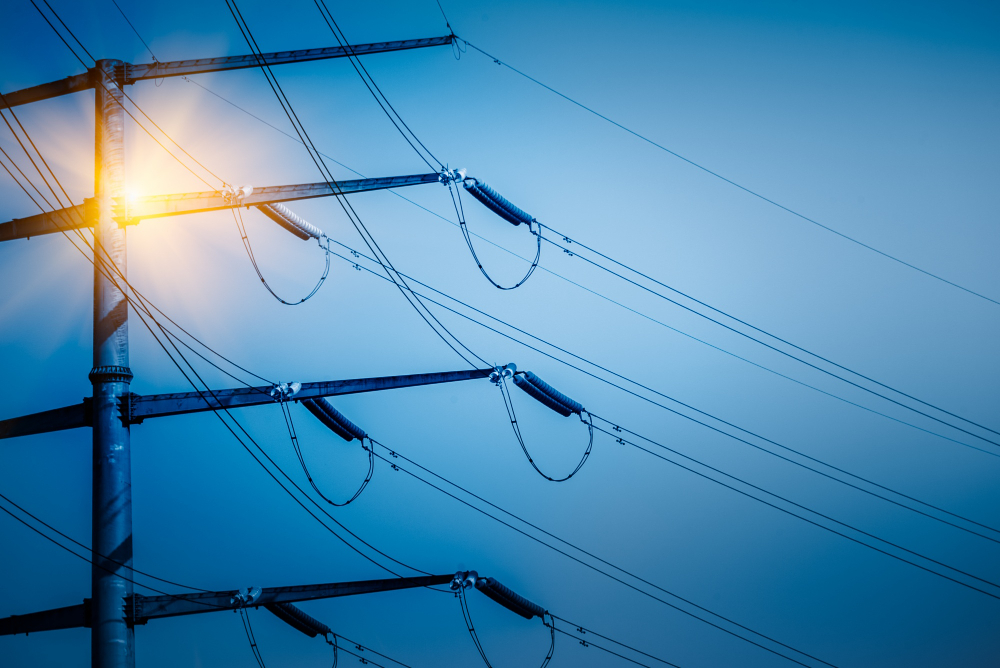Thanks to legal support from the Frank Bold expert group, the Czech Neighborhood Association Uhelná, which has been opposing the adverse effects of mining at the Polish Turów mine, has achieved a significant milestone: at their initiative, the Czech Environmental Inspectorate (CEI) launched an investigation to assess whether mining activities at Turów are causing long-term water loss on the Czech side of the border. This is one of the first cases in which the Czech office has applied the Act on the Prevention of Ecological Damage. The Inspectorate has also included the Polish mining company PGE in the proceedings.







